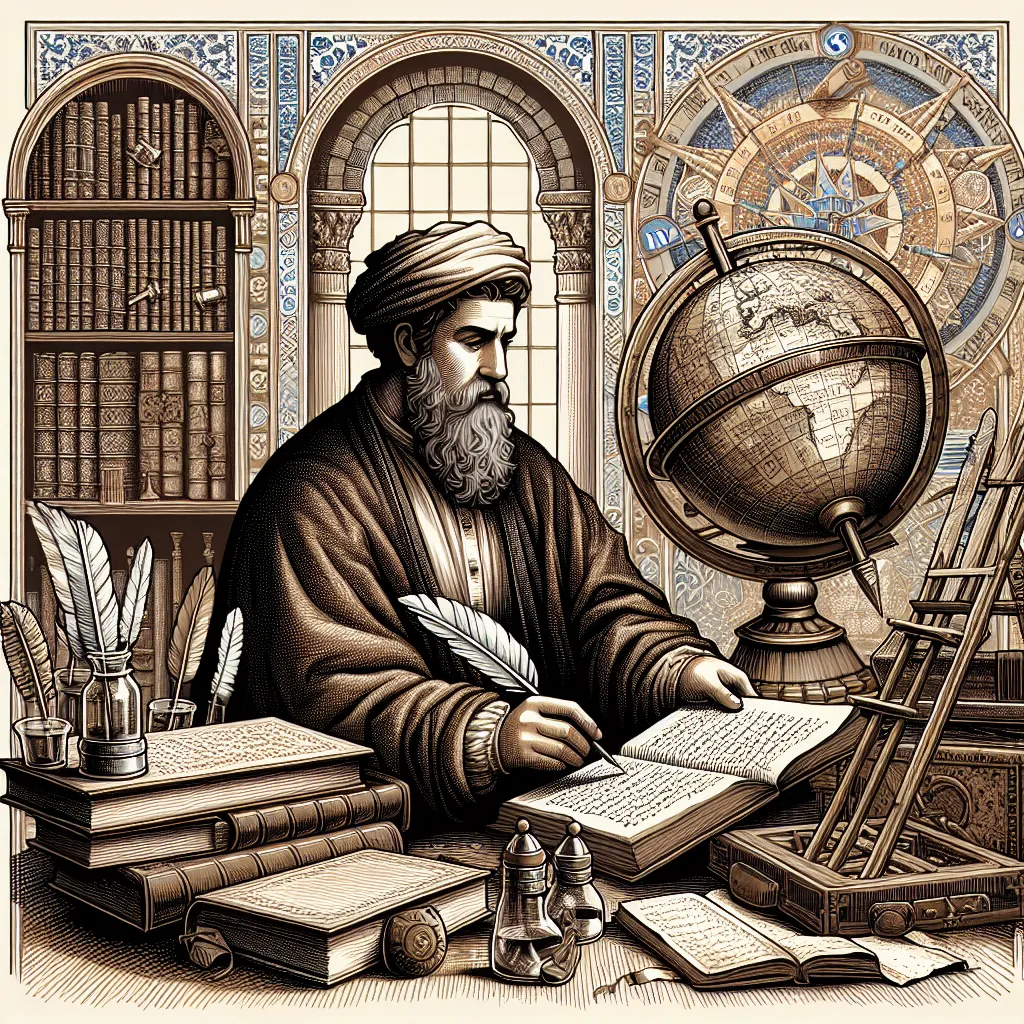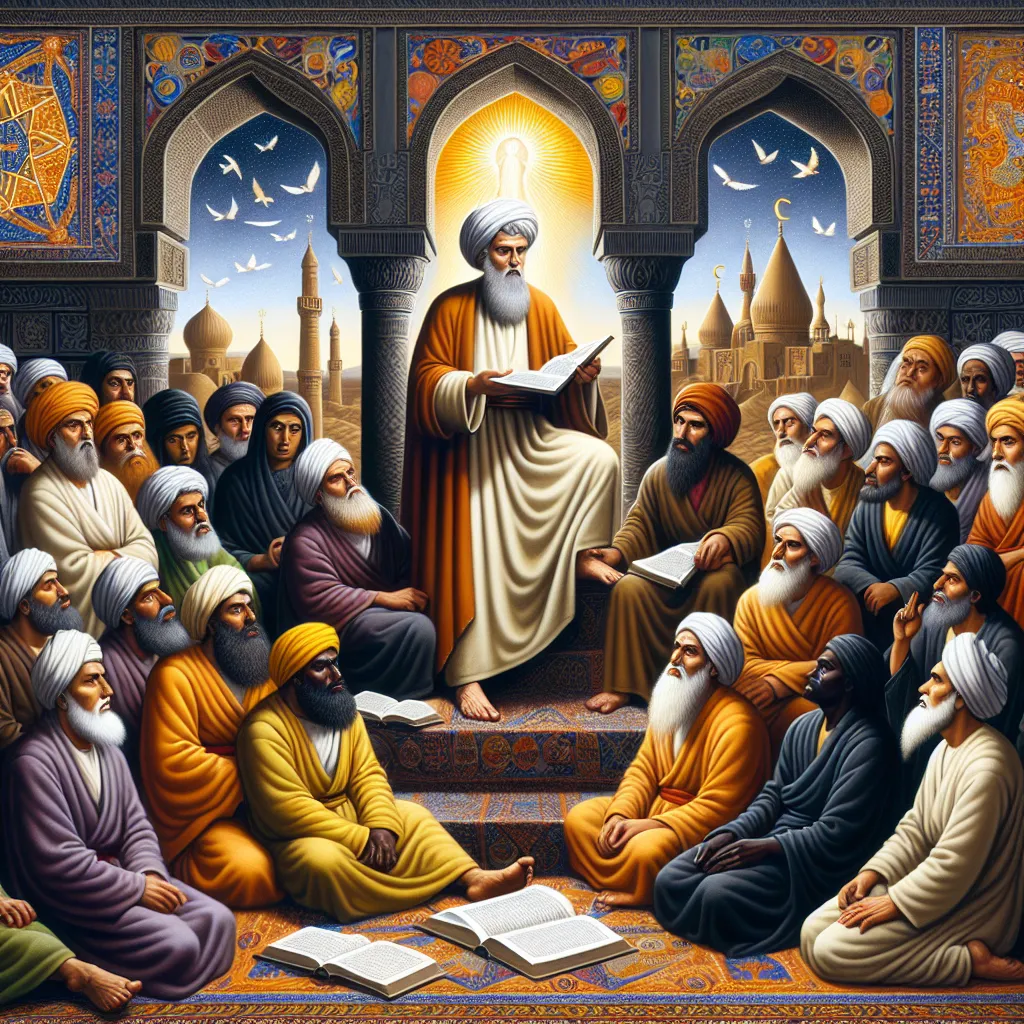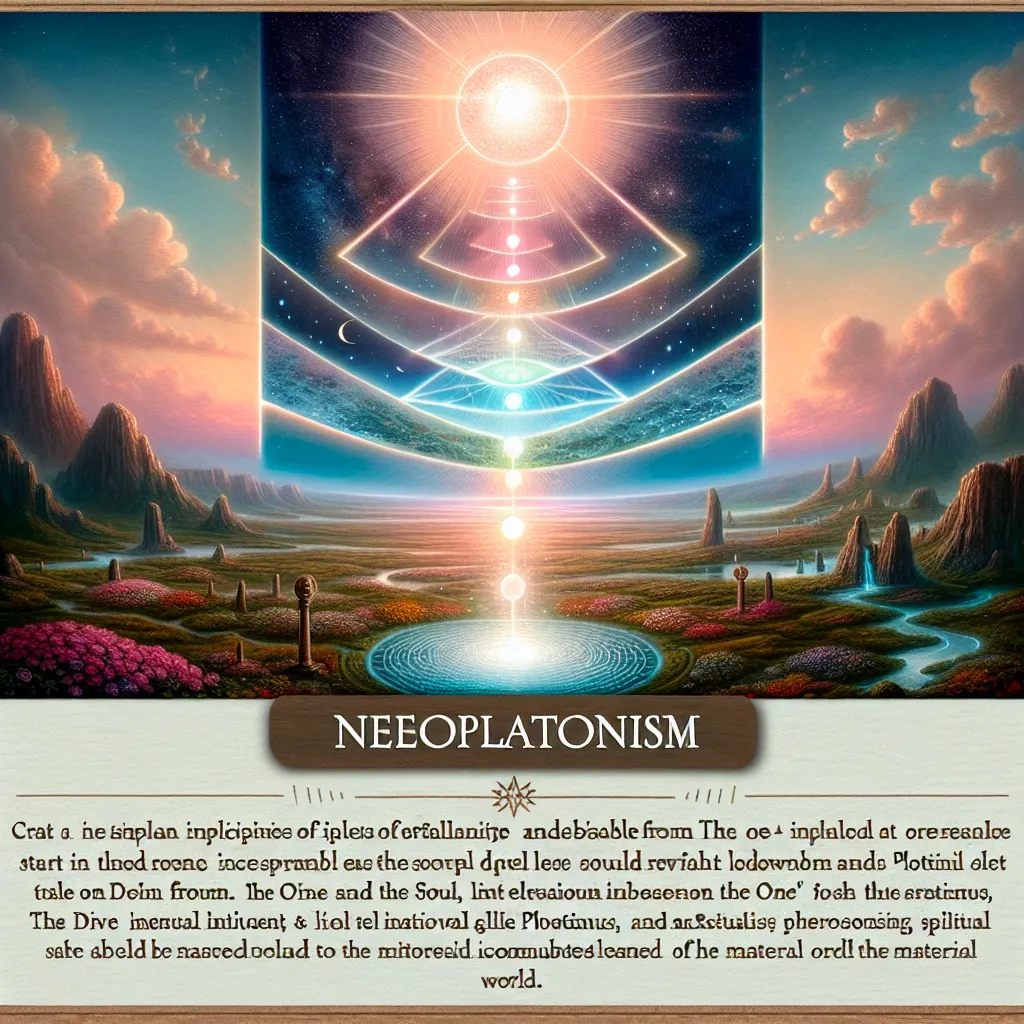Hey, everyone! I’m back with another episode of our ongoing series on fascinating historical figures and books. Surprisingly, there are quite a few of you tuning in, so if you have any ideas for future names or topics, drop them in the comments. I’ll definitely consider your suggestions.
Today, we’re diving into the life and work of Ibn Khaldun, a Muslim philosopher and historian. Often called the father of history, sociology, and even economics by some, Ibn Khaldun’s influence extends far and wide. He authored an extraordinary book titled “Muqaddimah,” which means “Introduction to History.” This was just the opening chapter of a much larger work called “Kitab al-‘Ibar” or “The Book of Lessons.” But even on its own, “Muqaddimah” has left a lasting impact on the fields of history and sociology.
Ibn Khaldun was born in 1332 in Tunis, present-day Tunisia, into a long line of statesmen and politicians from Al-Andalus (Spain). His father was a prominent Sufi who imbued him with mystical as well as worldly knowledge. Ibn Khaldun’s education spanned Sufism, philosophy, the Quran, mathematics, logic, and astronomy, making him a highly learned individual by any standard.
His early life seemed relatively calm, focused on intellectual pursuits. However, his world changed drastically with the arrival of the plague in North Africa. This deadly outbreak wiped out his entire family, except for a few siblings and his teachers. It was a catastrophic event he described in vivid, apocalyptic terms, underscoring its immense impact on his life.
Ibn Khaldun’s ambitions soon led him out of these personal tragedies and into the world of politics. Initially working as a calligrapher—a job he despised—he eventually became a successful political advisor. He traveled extensively, working for various sultans and kings across North Africa and Spain, including Morocco, Algeria, and Granada.
Despite his notable success, the political world Ibn Khaldun navigated was rife with jealousy and corruption. Interestingly, he often sensed when a ruler’s time was nearing its end and sometimes supported the rebels to maintain his influence. Think of it as a medieval version of political strategy games. Although this made him a target of schemes that occasionally landed him in jail, it didn’t deter him from rising back up.
During his later years, Ibn Khaldun served as a judge in Egypt, where he felt relatively content despite ongoing political corruption. His peace was short-lived, though, when an accident at sea claimed the lives of his family members, plunging him into a deep depression. This tragic event adds a layer of humanity to his legendary status, showing how personal grief affected even the most revered thinkers.
Ibn Khaldun eventually continued his work and teaching in Cairo, maintaining a rather good relationship with the ruling Sultan for most of his later years. He passed away in 1406, leaving a legacy that would resonate through the centuries.
What sets Ibn Khaldun apart is his groundbreaking approach in “Muqaddimah.” He didn’t merely chronicle events; he analyzed history through a rational and critical lens, seeking to explain the underlying social and political dynamics. One of his key theories revolves around ‘asabiyyah,’ translated as tribal solidarity. He believed this social cohesion was the driving force behind the rise and fall of dynasties and empires. According to him, every political power’s life span is cyclical, generally lasting no more than three generations before succumbing to decadence and disconnection from ‘asabiyyah.’
While Ibn Khaldun offered profound insights, his writings weren’t without controversy. Some of his observations, particularly those about African populations, are unmistakably racist. These parts remind us that even the most brilliant minds are products of their time and shouldn’t be divorced from their historical context.
Still, Ibn Khaldun’s contributions to our understanding of history and society are immense. I wish I could cover more, but I hope this gives you a glimpse into his remarkable life and works. If you have any suggestions for future episodes, let me know in the comments!
Catch you in the next episode. Thanks for listening!






